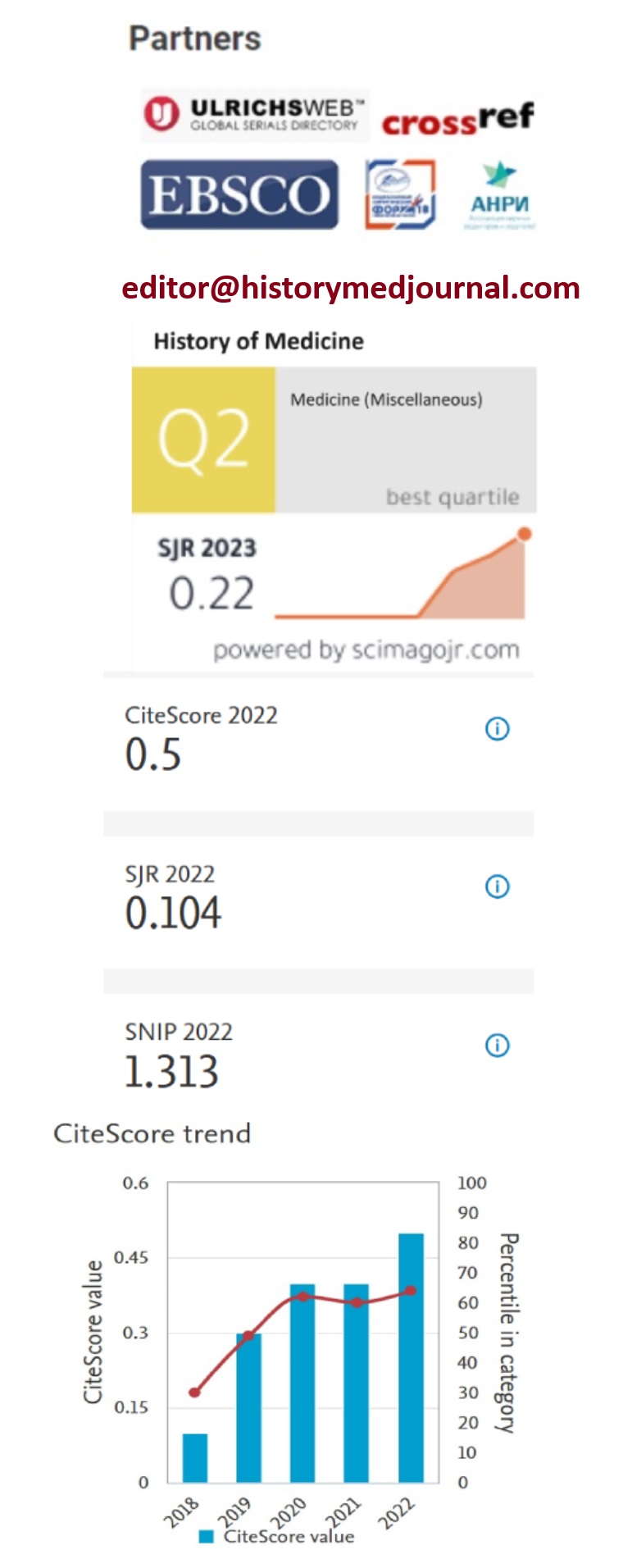-
Predictive Value of High-Sensitivity Cardiac Troponin and Other Biomarkers in Patients with Suspected Acute Coronary Syndrome
Volume -10 | Issue -2
-
LIVING WITH TYPE 2 DIABETES IN PAKISTAN: A QUALITATIVE EXPLORATION OF PATIENTS' VIEWS ON SELF-CARE
Volume -10 | Issue -2
-
EVALUATING THE KNOWLEDGE OF MEDICAL OFFICERS IN EMERGENCY DEPARTMENTS: A STUDY IN SINDH PROVINCE ON HANDLING MEDICAL EMERGENCIES
Volume -10 | Issue -2
-
Socio-Demographic, Physical and Clinical Risk Factors of Breast Cancer Patients in Pakistan
Volume -10 | Issue -2
-
Evaluation of Anti-Oxidant Potential and Novel Synergism Effect of Citrullus colocynthis against MDR pathogenic Strains
Volume -10 | Issue -2
Automated Stress Detection and Management Using Wearable Sensor Data: A Machine Learning Approach
Main Article Content
Abstract
Stress has become a widespread issue that affects persons of all backgrounds in today's fast-paced society. Recognizing and effectively handling stress is essential for preserving both physical and mental health. The demand for automated stress detection originates from the increasing recognition of the influence of stress on both health and productivity. Conventional methods for evaluating stress typically depend on questionnaires completed by individuals or assessments conducted by clinicians, both of which can be influenced by personal opinions and take up a significant amount of time. Thus, through the utilization of machine learning models, it becomes feasible to offer prompt and precise input to folks, empowering them to proactively regulate their stress levels. The main objective of this project is to create machine learning models that can proficiently assess physiological data collected from wearable sensors (such as the ones available in the WESAD dataset) in order to precisely identify and categorize states of stress impact. This entails generating resilient characteristics from the unprocessed sensor data and developing models with the ability to extrapolate across various individuals and situations. The utilization of machine learning techniques in combination with physiological measures indicates a substantial improvement compared to traditional statistical methods. The utilization of machine learning for stress impact identification represents a paradigm shift in our approach to stress management. This suggested system utilizes wearable sensor data and powerful algorithms to offer users timely insights into their stress levels. This empowers them to proactively take steps towards improving their mental and physical well-being

